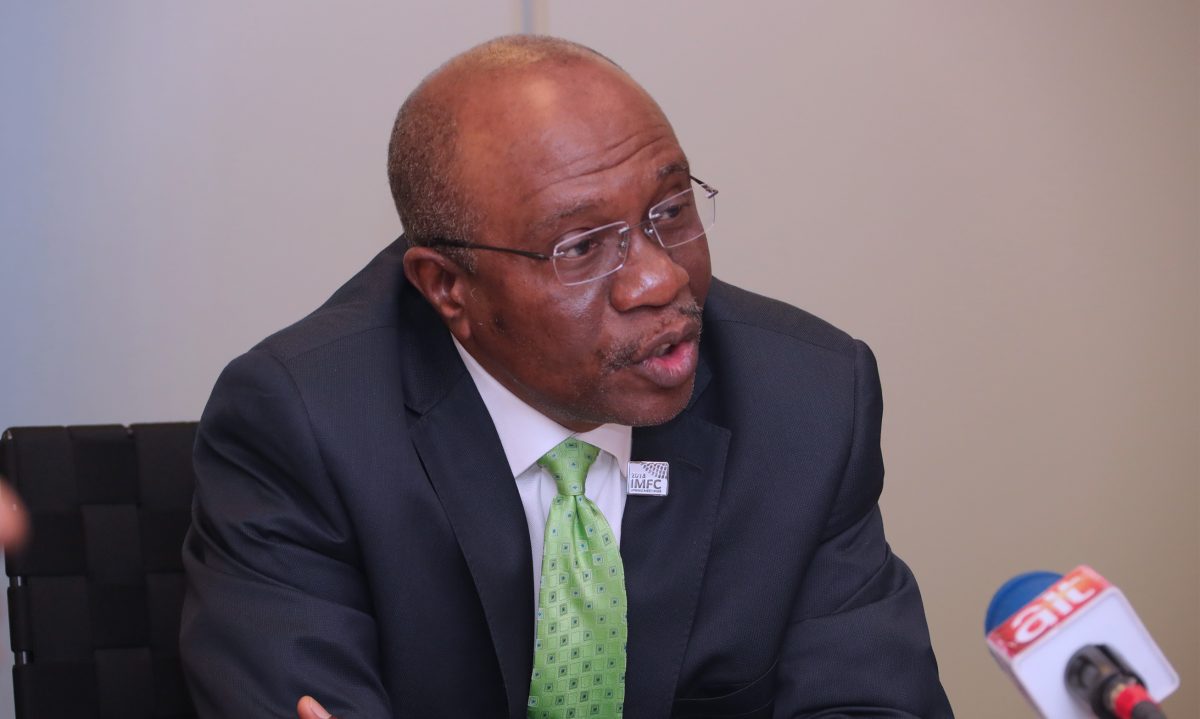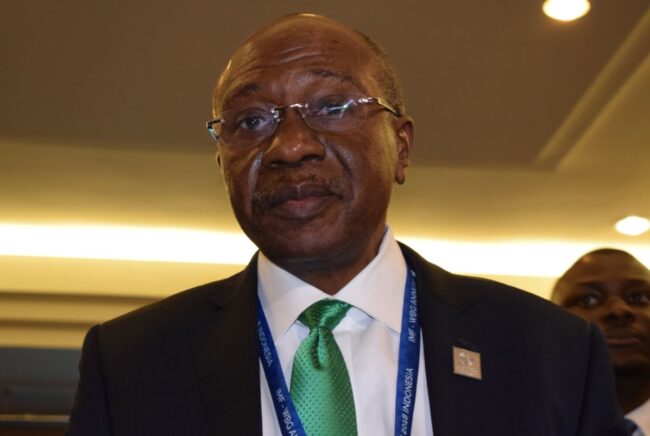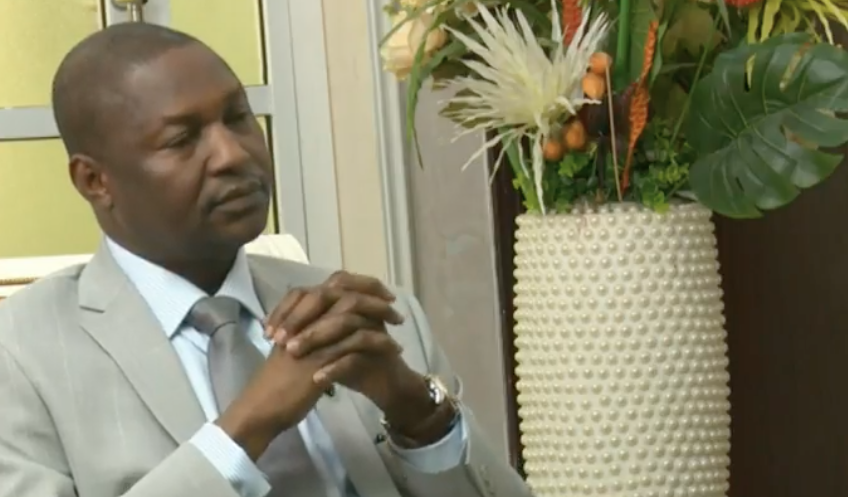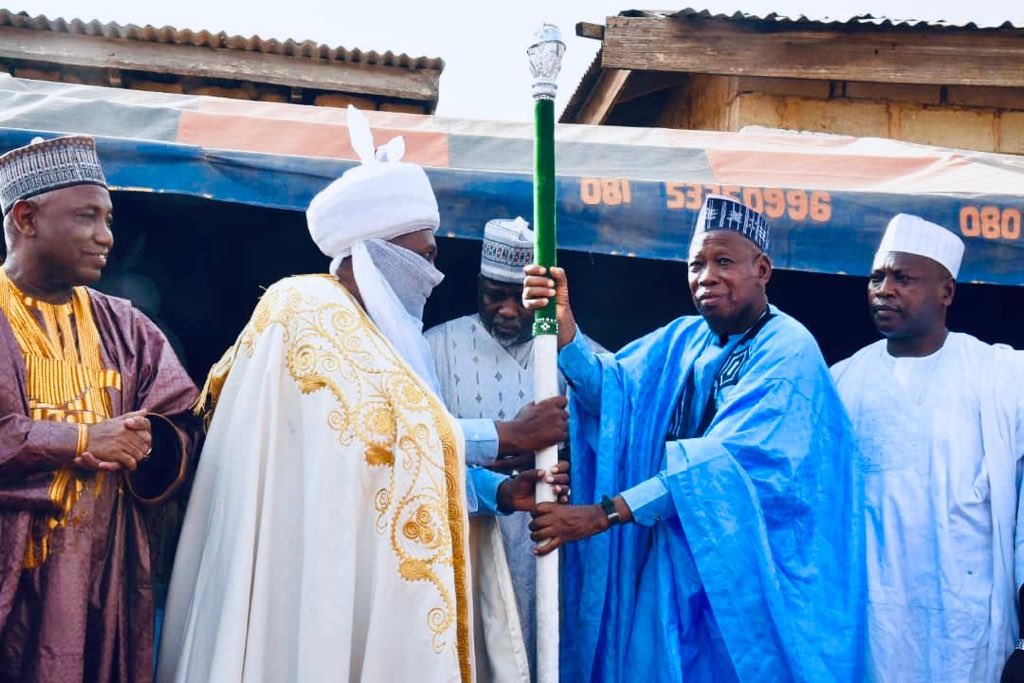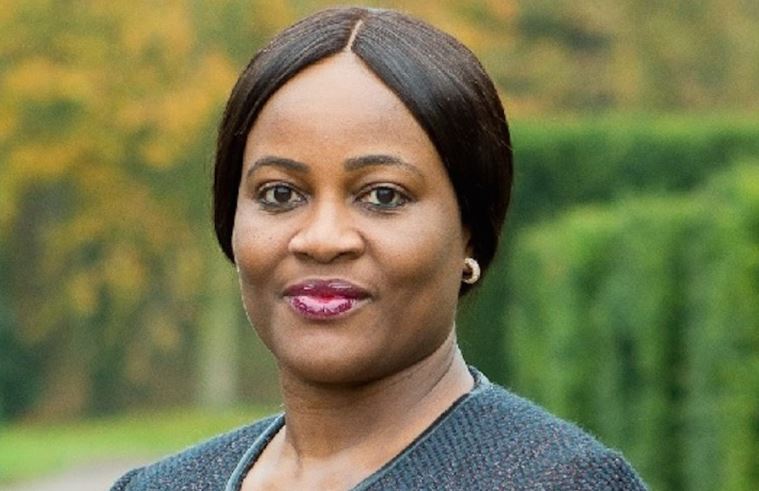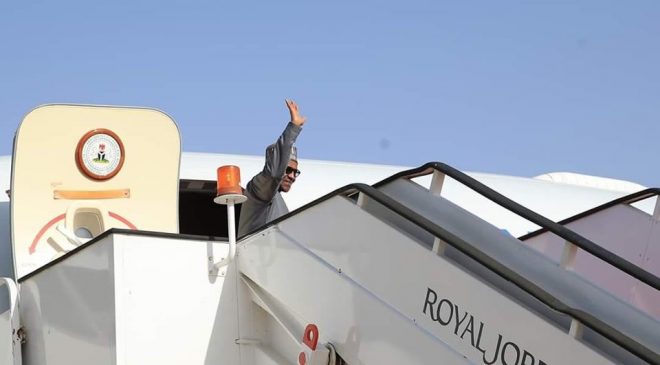No banking or finance professional who listened to that audio would think money was stolen. What is however clear is that our CBN has a very big hole which it is finding difficult to cover.
I will go with the CBN’s explanation that they created N500 Billion out of nothing (non-tax ways and means) to lend to distressed States.
The real question is “what is the impact of this N500 Billion on the balance sheet and income statement of the CBN?”
The N500 Billion money created to lend to states who do not have the capacity to repay will require a 100% loan loss provision on the income statement and a commensurate write down on the risk asset portfolio.
Advertisement
I am not sure the argument that there is no default as the States receive FAAC is sufficient. This is like arguing that so long as Nigeria sells crude, it will not default on its debt.
The validity of both statements depends on the size of the debt, tenor of repayment, vis-à-vis the revenue profile (FAAC + IGR) of the beneficiary States and their net revenue available for debt service.
With this in mind then we can agree that there is a ”hole”.
Advertisement
If you availed N500 Billion to States who are technically insolvent as bailout, first of all, how was it funded?
Was this non tax ways and means?
If you created cash out of nothing (which is well within the CBN’s mandate) to fund States who lack the capacity to pay back, how will you treat such assets on your balance sheet? (also remember that you probably debited Federal Government’s Ways and Means account with the CBN to create money).
More importantly, what impact does this newly created money have on the real effective exchange rate of your currency?
Advertisement
Is this not devaluation through the backdoor while using a set of Rube Goldberg monetary policy instruments to mop up the excess liquidity?
Having said that, we must give this CBN Governor 100% for creativity.
In the face of our insistence on maintaining the artificial N360/US$1 exchange rate and the reluctance of money deposit banks to lend to certain sectors that the Federal Government of Nigeria believes are crucial to its strategy, he came up with; this N500 Billion to States, various CBN intervention funds in specific sectors, Paris Club Refunds etc.
We can now understand why in its April 2019 Article IV report on Nigeria, the IMF advised that the CBN should not be the one carrying the risk of all these intervention funds.
Advertisement
N500 Billion bailout to distressed State governments is just one of its headaches. The news is awash with reports that farmers have been unable to repay loans from the various CBN and BOI Agric intervention funds.
Add this to default on other sector intervention loans.
Advertisement
Add this to maturing N5.3 Trillion AMCON bond (which the current CBN administration inherited), that the underlying assets are virtually unrecoverable as since inception, AMCON has only been able to recover about N1 Trillion.
Ahmed Kuru, the Managing Director / CEO of AMCON summarized the AMCON situation recently when he admitted that ‘’even if you extend the life of AMCON for 20 years, it will not be able to recover all the loans’’.
Advertisement
Based on this admission alone, worst case scenario is that the CBN should be writing down N5.3 Trillion of its capital. Best case scenario is that the recoverable portion of the N5.3 Trillion is transparently determined while the CBN writes down the balance. This is probably why in its recent Article IV report for Nigeria, the IMF called for a timeline for phasing out AMCON.
So, rather than scramble to paper over the cracks (as these Non-Performing Loan provisions will surely come), the CBN should, as a matter of urgency, approach the Federal Government / Ministry of Finance to recapitalize the Bank.
Advertisement
You can imagine what writing down the AMCON N5.3 Trillion bad debt outstanding obligations will do to the CBN’s capital of about N35 Billion. Add the N500 Billion loan to the States and other intervention funds on which obligors have defaulted.
Beyond that, it’s only in Nigeria that the Central Bank Governor is caught out scrambling and discussing in detail how to cover a bad position and we are still issuing a deodorized press release.
But then, these abnormalities are normalized in Nigeria.
In its May 6, 2019 article titled “Rising cost of government debt unsettles investors in Nigeria” Jonathan Wheatley, Deputy Emerging Markets editor at the Financial Times quoted Charles Robertson, Chief Economist at Renaissance Capital (an investment bank that specialises in emerging markets) as follows;
“There are a host of reasons not to put FDI into Nigeria,” he says, “but unifying the exchange rates would help to normalise the country.”
One danger of Nigeria’s managed floating rate, he notes, is that the currency can become artificially overvalued. He estimates that “fair value” for the naira is about N440 to the dollar, and will be about N470 by the end of the year, opening a discount of about 30 per cent to the managed rate.
“The danger is that eventually you get a huge difference in valuation where you suddenly have to halve the currency in value,”
The issue of multiple exchange rates has remained an impediment to foreign direct investment in Nigeria. With the content of the CBN leaked audio tapes in the public domain, it has become increasingly difficult to convince any foreign investor or unbiased analyst that the fair value of the Naira is between N306/N362 to the US dollar. We may as well be headed for the projected N440 /N470 to the US dollar once the necessary adjustments are made by the CBN. Unless we have a crisis in the Persian Gulf, Russia, USA or China, or any other black swan event that leads to exponentially increased oil price and revenue.
Finally, the people who have the capacity to bug the phone of the CBN Governor, and chose this time to release these audios, know exactly what they are doing.
My opinion is that the timing of the release means that it was targeted at influencing the re-nomination of the CBN Governor.
Those who did this are not patriots.
These are people who are willing to create a crisis of confidence in the CBN and Nigeria, just so that they can get the CBN Governor out of the way and create a better chance for their preferred candidate.
To avoid a further occurrence, Government can still checkmate them by recapitalizing the CBN.
After all, whatever the CBN Governor did, rightly or wrongly, was in advancement of the current administration’s policies, right or wrong.
Add a comment

